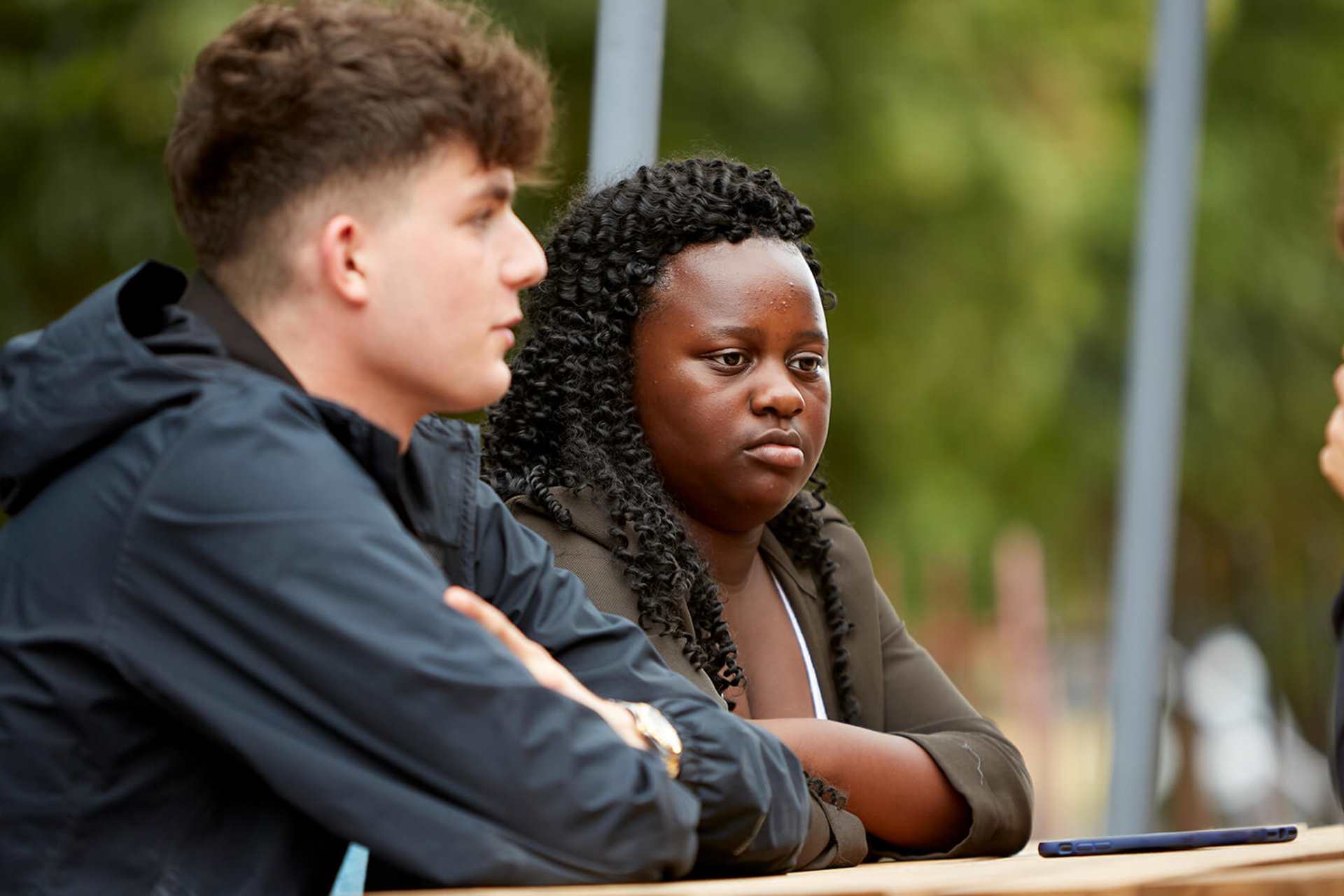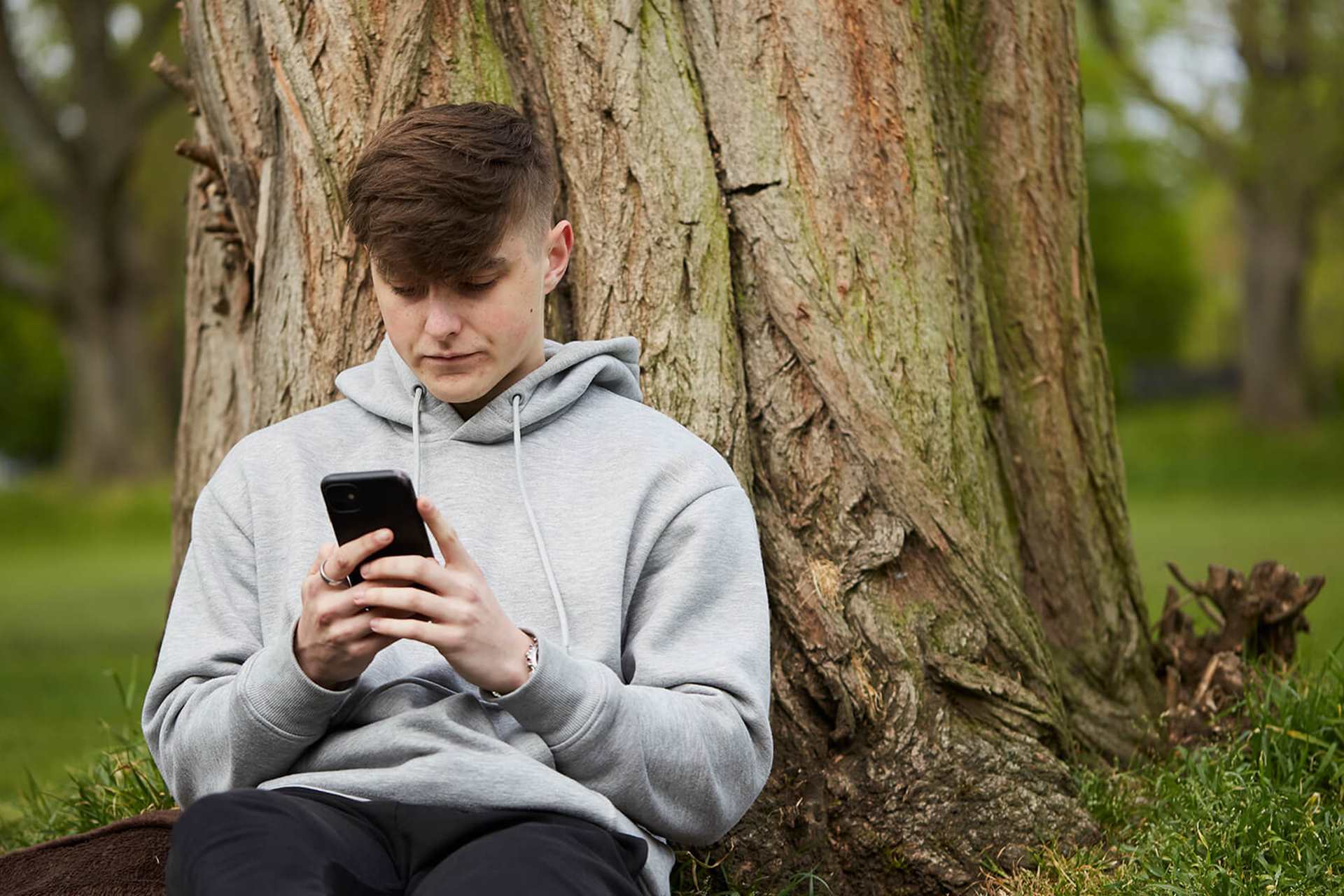Topics mentioned: borderline personality disorder, counselling and therapy
About: What is dialectical behaviour therapy (DBT) and how can it help? Loren shares her experience of how it helped her recovery from borderline personality disorder (BPD).
When I was first told I had BPD I remember feeling scared. The name ‘personality disorder’ made me feel like there was something wrong with who I am as a person.
Dialectical behaviour therapy (DBT) is a talking therapy that can help you understand your feelings and emotions and change unhelpful behaviour. It is often offered to people who have been diagnosed with borderline personality disorder (BPD)/emotionally unstable personality disorder (EUPD). In this blog post I’ll explain what DBT is and how it has helped me.
A diagnosis of BPD/EUPD
When I was first told I had BPD I remember feeling scared. The name ‘personality disorder’ made me feel like there was something wrong with who I am as a person, and the term ‘emotionally unstable’ just added to this feeling. However I started reading information about BDP/EUPD online, and began to realise it fitted with my experience of emotions and self-harm behaviours.
Getting to grips with DBT
The focus of DBT is learning to understand and accept difficult feelings. The way you do DBT may depend on your therapist, but when I did it there were four areas we worked on: mindfulness, distress tolerance, emotional regulation (managing emotions) and interpersonal effectiveness (navigating and maintaining relationships).
You might notice DBT has lots of phrases, kind of like mantras to say to yourself when struggling. My favourite is ‘the only thing that is constant is change.’
The focus of DBT is learning to understand and accept difficult feelings.
Before I started DBT, I’d done pretty much every type of therapy in the book, from mode deactivation therapy (MDT), to cognitive behavioural therapy (CBT), to art therapy. By this time I had given up on the hope of therapy making me better. However, DBT approaches recovery from a different angle. I found the structure of DBT was helping with the turbulent emotions I was having and made me motivated to give it my all. While DBT didn’t cure me overnight, it has given me the tools to talk about my experiences and create some breathing space between my emotions and actions.
While DBT didn’t cure me overnight, it has given me the tools to talk about my experiences and create some breathing space between my emotions and actions.
Group therapy
DBT is often taught in group therapy sessions. The group sessions I did lasted for about two hours. We started every session by practising mindfulness exercises, then we recapped last week’s skill and talked about our homework and what skills we practised during the week. Next, we had the all-important coffee break. And finally, we learnt the new skill for the week.
I was unsure about starting group therapy. I don’t think I even spoke for the first six months of DBT group. But slowly I built up friendships with other people. Seeing the same people every week for over a year, and hearing their achievements and progress was both inspiring and healing. My DBT group became like a small family; we’d go for coffee after group sessions and share our highs and lows together. Opening up to others can be scary, but knowing that everyone else in the room gets it makes it feel easier.
Seeing the same people every week for over a year, and hearing their achievements and progress was both inspiring and healing.
Individual therapy
I also did individual therapy, where I worked with a psychologist to look at behaviour I wanted to change and learnt to work through my emotions. At the heart of my individual therapy was writing what is called chain analysis. This is where you break down your response, thoughts and feelings about a situation that lead to a behaviour. But what is important is identifying where you can use a DBT skill next time to prevent the unhelpful behaviour happening again.
I also had access to telephone coaching, which meant I could call my therapist at any time to ask for help, often in times of high emotions.
DBT honestly changed things for me. I would encourage anyone, regardless of diagnosis to take it up, if offered. Sometimes young people have to wait until they are 18+ to be in a personality disorder service, but I would highly recommend buying the DBT Manual by Marsher Linehan. It is often what is used in DBT sessions and it’s accessible to work on from the comfort of your own sofa.
DBT honestly changed things for me. I would encourage anyone, regardless of diagnosis to take it up, if offered.
To anyone starting DBT I would say to embrace the help. I know the idea of recovering can be scary, but I promise you you will never regret choosing to live a life that makes you happy.
For anyone living with BPD/EUPD I know it can be scary, but while DBT might not cure you overnight, it has the potential to make a huge difference. There are plenty of resources on the YoungMinds website for how to live with BPD symptoms, but I want you to know, it can get better. It really can.
More information and advice
We have tips and advice to help you find the support you need. Take a look at our guides.
Where to get help
However you're feeling, there are people who can help you if you are struggling. Here are some services that can support you.
-
Childline
If you’re under 19 you can confidentially call, chat online or email about any problem big or small.
Sign up for a free Childline locker (real name or email address not needed) to use their free 1-2-1 counsellor chat and email support service.
Can provide a BSL interpreter if you are deaf or hearing-impaired.
Hosts online message boards where you can share your experiences, have fun and get support from other young people in similar situations.
- Opening times:
- 24/7
-
NAPAC (the National Association for People Abused in Childhood)
Offers support to adult survivors of all types of childhood abuse, including physical, sexual, emotional abuse or neglect.
- Opening times:
- 10am - 4pm, Monday, Wednesdays & Fridays; 2pm - 9pm, Tuesdays & Thursdays
-
Samaritans
Whatever you're going through, you can contact the Samaritans for support. N.B. This is a listening service and does not offer advice or intervention.
- Opening times:
- 24/7






